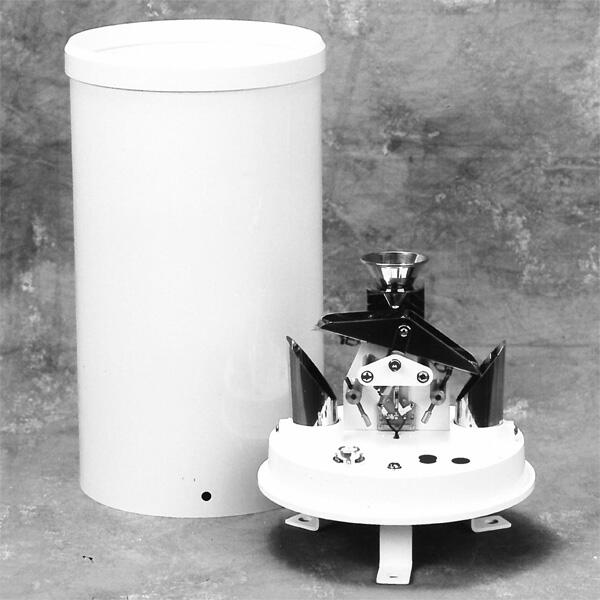
# 10 Practical Applications of Rain Gauges in Various Fields
Rain gauges are essential tools for measuring precipitation, and their applications extend far beyond simple weather monitoring. Here are ten practical uses of rain gauges across different fields:
## 1. Agriculture
Farmers rely on rain gauges to monitor rainfall and determine irrigation needs. Accurate precipitation data helps optimize water usage, improve crop yields, and prevent overwatering or drought stress.
## 2. Hydrology
Hydrologists use rain gauges to study water cycles, predict floods, and manage water resources. Precipitation data is crucial for understanding river flow, groundwater recharge, and watershed management.
## 3. Meteorology
Meteorologists depend on rain gauges to track weather patterns, forecast storms, and analyze climate trends. This data is vital for creating accurate weather models and issuing timely warnings.
## 4. Urban Planning
City planners use rain gauge data to design effective drainage systems, prevent urban flooding, and manage stormwater runoff. This helps maintain infrastructure and protect communities from water-related disasters.
## 5. Environmental Science
Environmental scientists use rain gauges to study the impact of precipitation on ecosystems. This data helps assess the health of forests, wetlands, and other natural habitats.
## 6. Construction
Construction projects often require rain gauge data to plan work schedules and ensure safety. Heavy rainfall can delay projects and pose risks, so accurate precipitation measurements are essential.
## 7. Aviation
Airports use rain gauges to monitor weather conditions and ensure safe takeoffs and landings. Precipitation data helps pilots and air traffic controllers make informed decisions during adverse weather.
## 8. Water Resource Management
Rain gauges play a critical role in managing reservoirs, lakes, and rivers. Accurate rainfall measurements help balance water supply and demand, especially in regions prone to droughts.
## 9. Disaster Management
Emergency responders use rain gauge data to prepare for and respond to natural disasters like floods and landslides. Timely information can save lives and minimize damage.
## 10. Research and Education
Rain gauges are valuable tools for researchers and educators studying weather, climate, and environmental science. They provide hands-on learning opportunities and contribute to scientific advancements.
In conclusion, rain gauges are versatile instruments with applications in agriculture, hydrology, meteorology, urban planning, environmental science, construction, aviation, water resource management, disaster management, and education. Their ability to provide accurate precipitation data makes them indispensable in various fields.
Keyword: 10 uses of rain gauge
